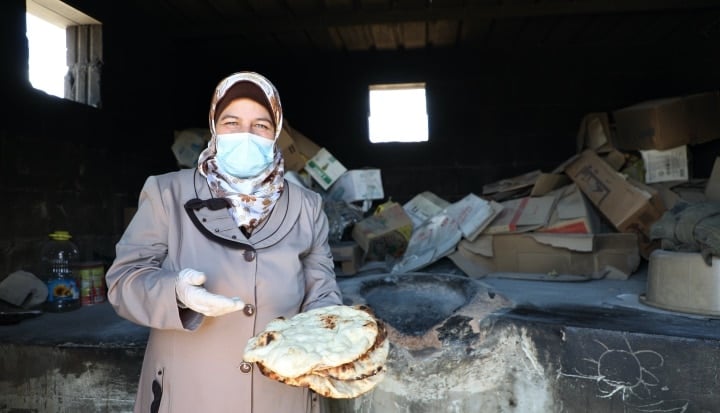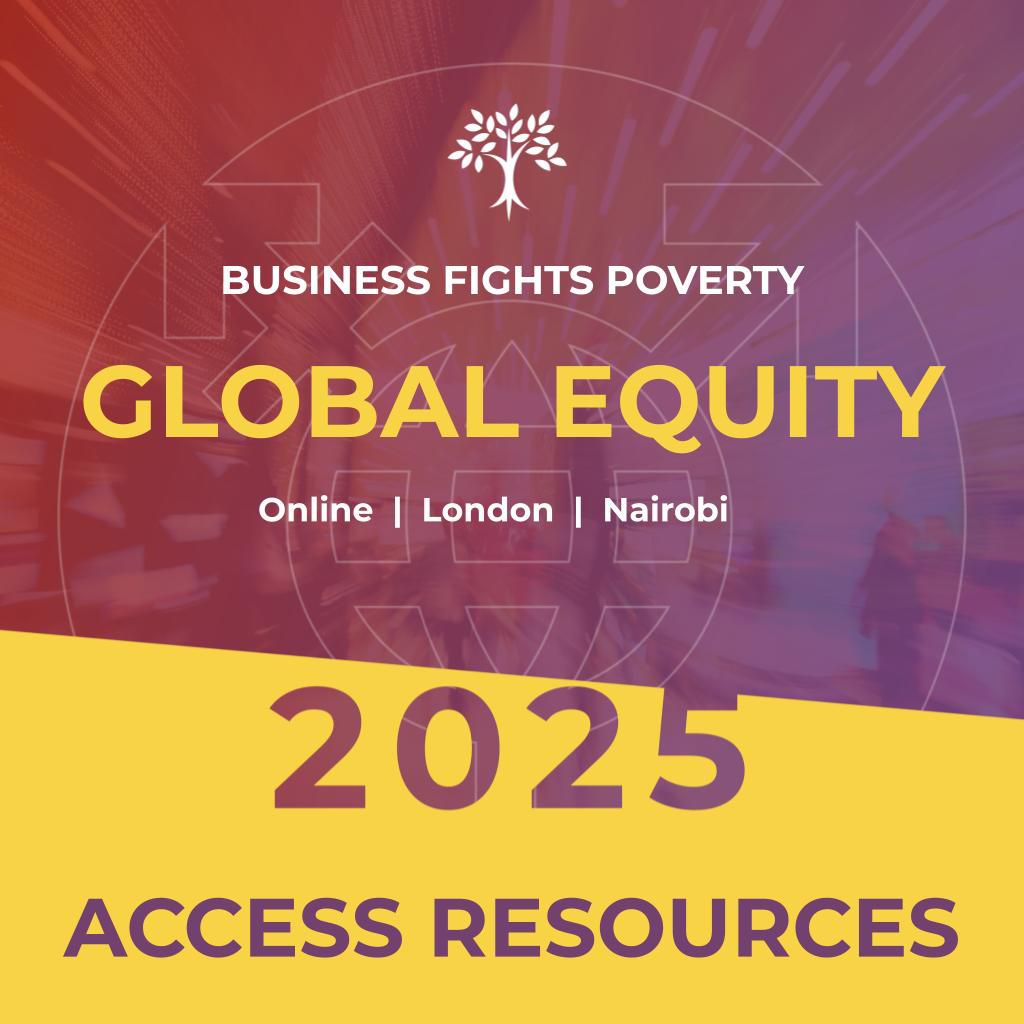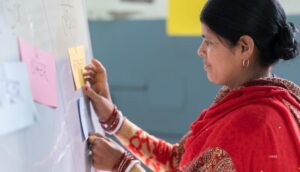COVID-19 has reignited debate on the role of purpose as distinguished from profit, in business. From early on in the crisis, attention has been directed at how businesses can support the most vulnerable. The Business Refugee Action Network’s (BRAN) webinar was an opportunity for businesses to consider the impact of COVID-19 on refugees specifically and explore the role of business-led advocacy and innovation in support of refugees. Three take-aways are:
1)COVID-19 is causing two life-threatening crisis for refugees: one health-related and one economic
Refugees and displaced people face a ‘double emergency’. We know that contractions in economic activity due to COVID-19 are having a disproportionate impact on hunger in conflict affected states. According to new analysis from the International Rescue Committee (IRC) USD 1.7 billion in additional cash funding is required in 2020 to limit the number of people going hungry in countries affected by fragility, conflict and displacement. Of this, developing countries hosting the highest refugee populations need an immediate cash boost of USD 760 million to ensure the most vulnerable can meet their basic needs for the next six months.
Analysis at the global level is mirrored by findings at the national level in the UK. The Entrepreneurial Refugee Network (TERN) found that its community of 150 refugee entrepreneurs in the UK were experiencing negative health and economic outcomes as a result of the pandemic. TERN conducted a community audit and found that two weeks into the lockdown, the community had experienced a forty percent rise in unemployment and seventy-five percent of refugee entrepreneurs had had their income impacted. The number of entrepreneurs unable to meet their basic costs had tripled by the end of March. TERN responded by providing cash transfers to entrepreneurs. Through setting up an emergency fund TERN raised GBP 15,000 in the first four weeks and distributed the fund as micro grants.
2) By drawing on the expertise of refugees, the private sector can engage in meaningful programming and related COVID-19 adaptations
DLA Piper has collaborated with the Refugee Council to deliver a legal education training programme run for refugees by refugees. Having moved from Libya to the UK to study for her PhD in law, Dr Amrayaf was forced to seek asylum in the UK and is now employed by DLA Piper to lead the ‘Know Your Rights’ Programme for refugees. During the COVID-19 lockdown, lawyers have provided remote support and where obtaining technical equipment has been a challenge, staff have donated pre-loved technology. The team is now working with Solidaritech on the preparation and distribution of the equipment. Language has also proven a barrier to understanding the UK government’s guidance on COVID-19 and isolation has increased loneliness. In response, DLA Piper’s team have been translating government guidance into relevant languages and connecting refugee women to women lawyers.
3) COVID-19 is an opportunity to strengthen cross-sectoral collaboration with view to ‘building back better’
As we think through how to support refugees’ access to economic opportunities in the new global economy, increased collaboration between the humanitarian and private sector will be key. Exploring innovative approaches can help us plan for the integration of refugees in the future. In particular, the crisis presents an opportunity to work with business to improve access for refugees to digital e-learning platforms, banking and access to information.
Meanwhile, businesses can help to amplify calls for refugees’ economic inclusion and social protection. Networks are essential to building a more inclusive economy and ensuring representation for marginalised groups. With this in mind, BRAN is updating its Business Takes a Stand for Refugees Statement for relevance to COVID-19. If your company would be interested in endorsing the Network’s Statement please contact us at bu***************@re*******.org.
We were happy to be joined at this webinar by the following speakers:
- Matthias Stausberg, Group Advocacy Director, Virgin
- Scarlet Cronin, Senior Director, Private Sector Partnerships, Tent Partnership for Refugees
- Barri Shorey, Senior Director, Economic Recovery and Development, International Rescue Committee
- Awmaima Amrayaf, Pro Bono Legal Officer at DLA Piper, Know Your Rights Programme
- Charlie Fraser, Co-Founder and Director of Partnerships, The Entrepreneurial Refugee Network (TERN)
- Daphne Jayasinghe, Head of Policy and Chief Policy Advisor Economic Programmes, International Rescue Committee










